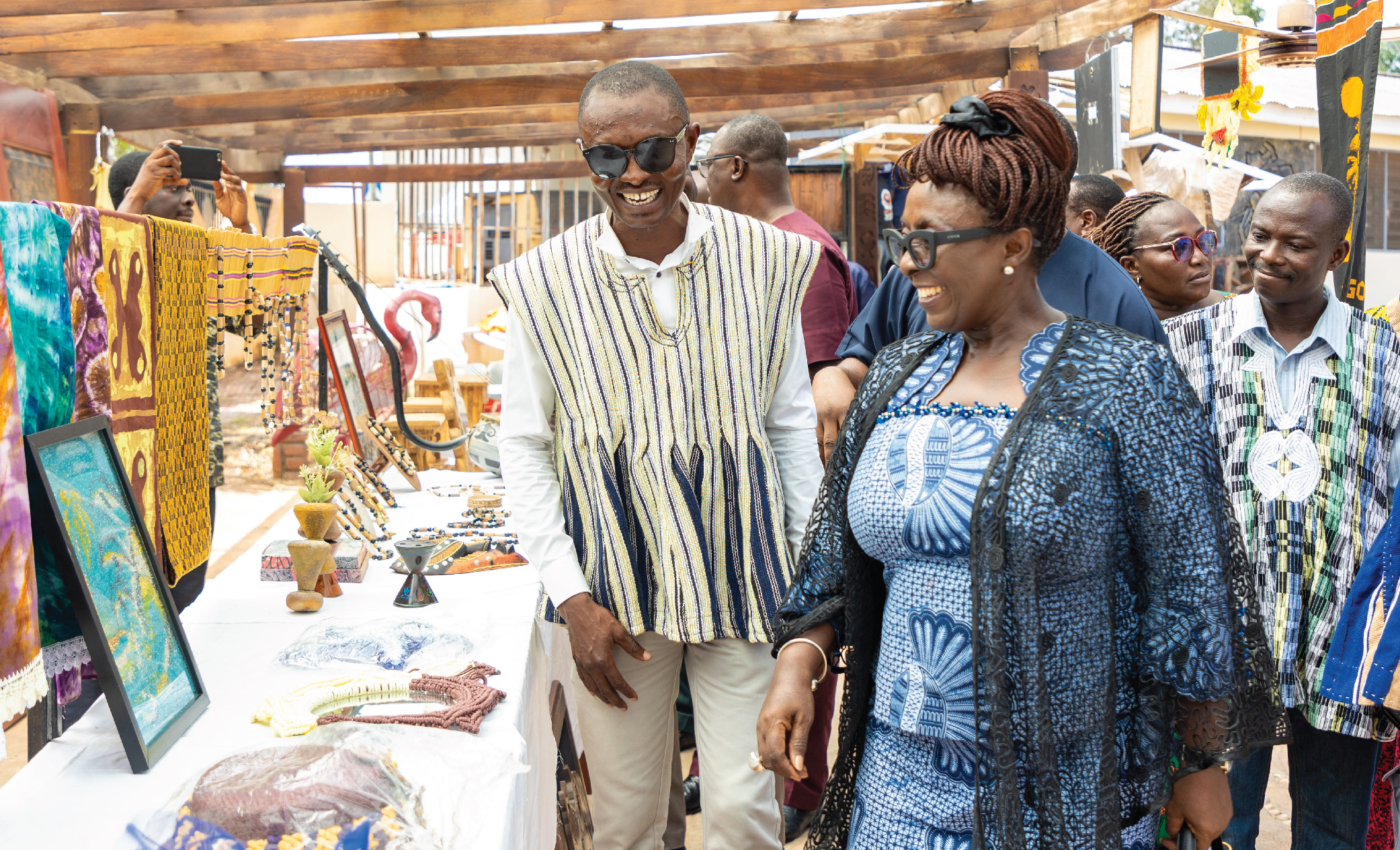The Kwame Nkrumah University of Science and Technology (KNUST), Kumasi has received strong backing from Ghana’s Ministry of Tourism Arts and Culture to promote cultural preservation and economic transformation through academic innovation.
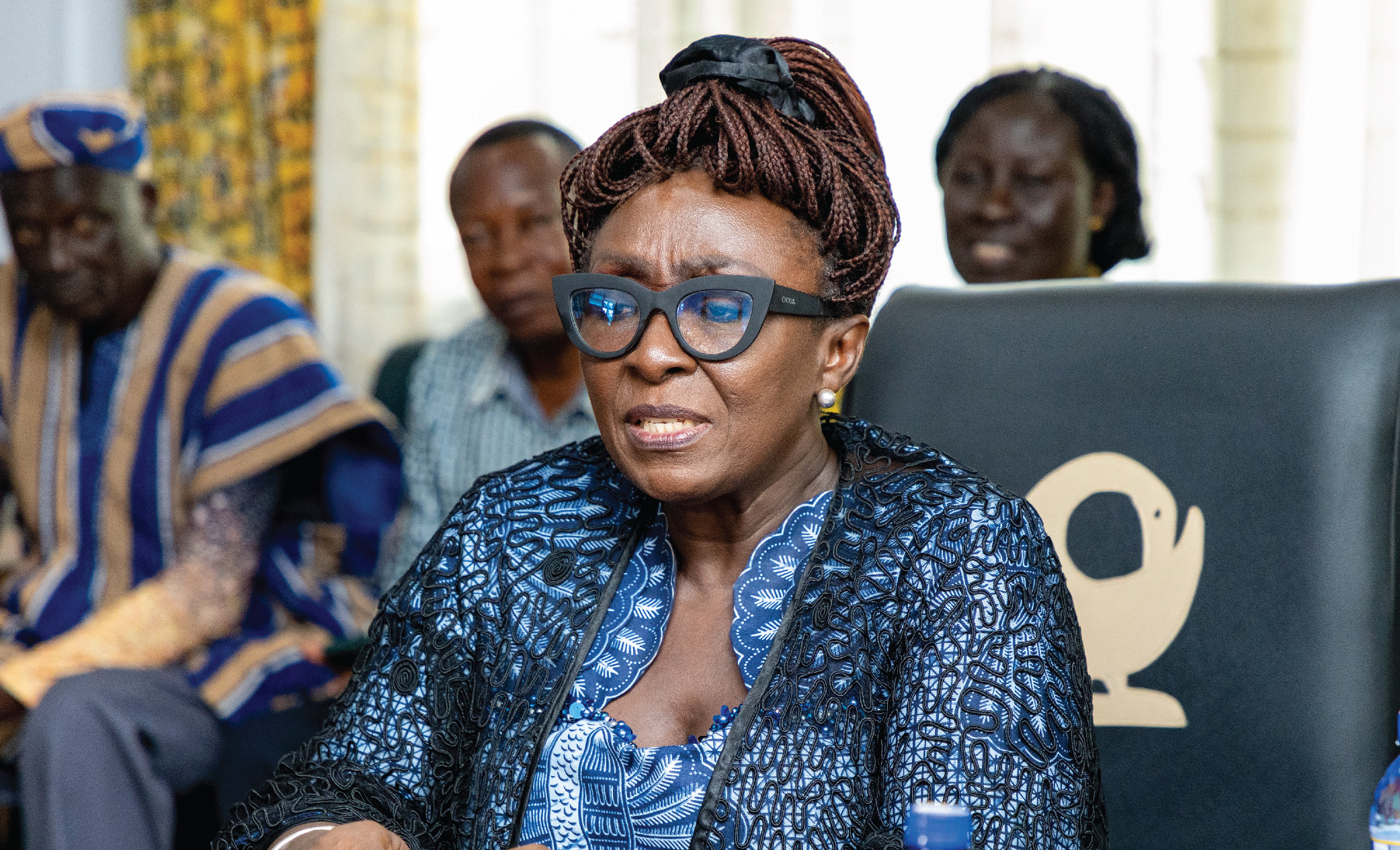
During a visit to KNUST’s Department of Indigenous Art and Technology, the Minister for Tourism Arts and Culture and Member of Parliament for Ketu South, Dzifa Gomashie called for closer collaboration between academia and government to advance Ghana’s creative industries.
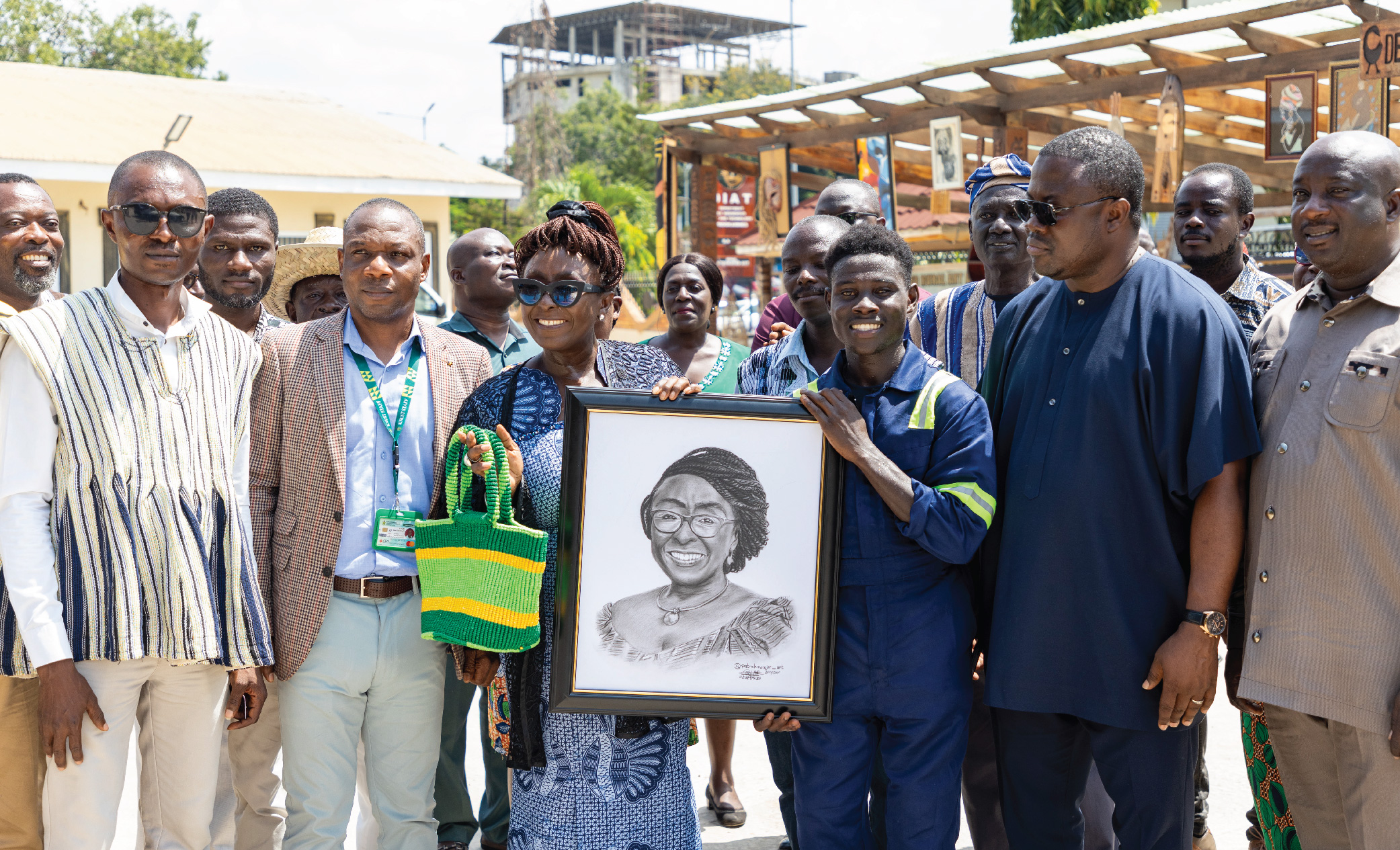
Ms. Gomashie commended faculty and students for their efforts in preserving and transforming Ghanaian culture into viable economic products. She pledged her Ministry’s support in showcasing student work at national tourism sites and exhibitions hosted by the Ministry.
“We are ready to read from you to listen to you and to share in your space as you share in ours. We will help you make it visible to the world” she said.
The Minister assured the department of logistical support including the transportation of artworks to Accra and encouraged regular communication with her office to enhance the department’s visibility and impact.
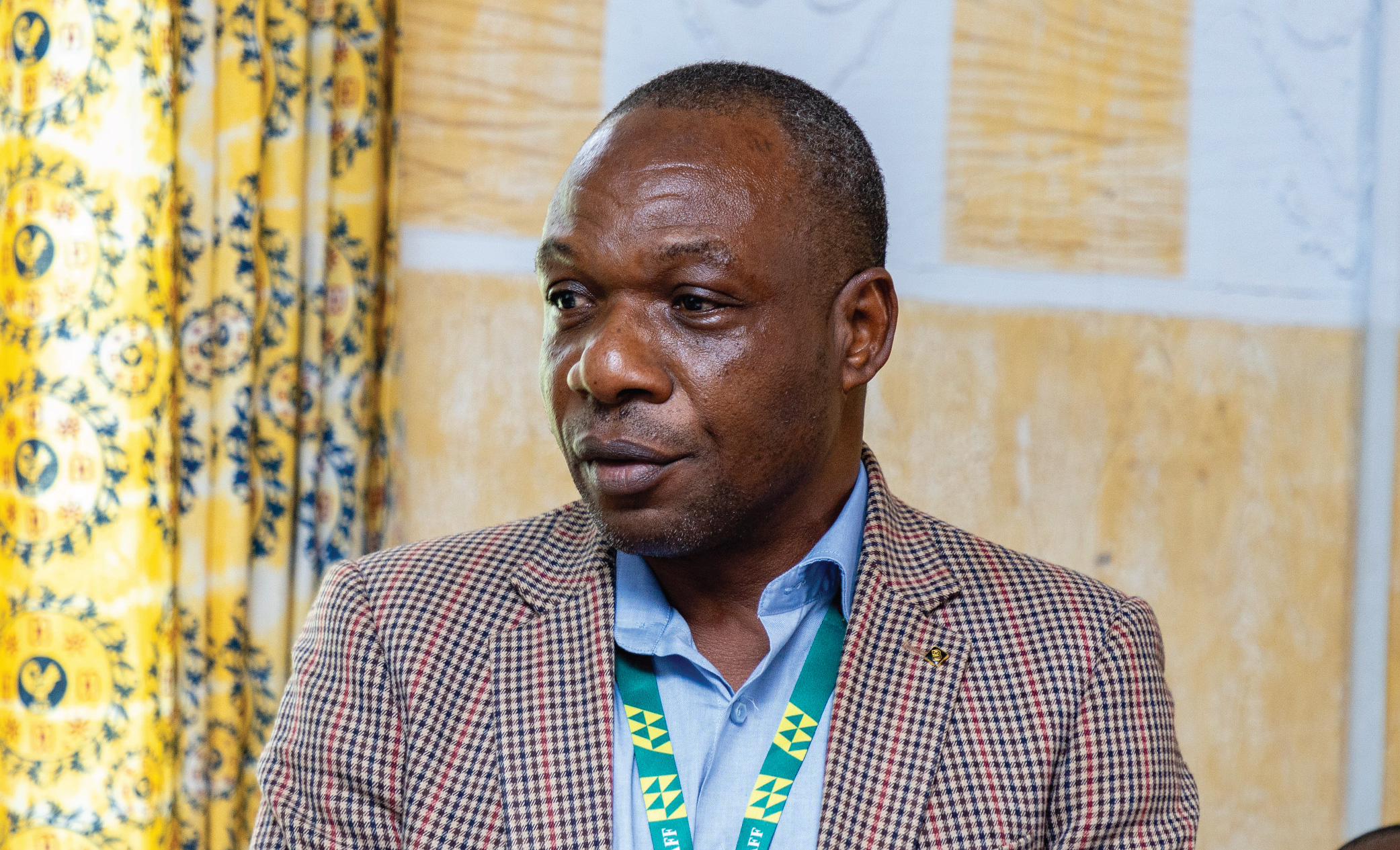
Professor John Tiah Bugri Provost of the College of Art and Built Environment emphasised the need to ground national development in cultural identity.
“We have a mentality of inferiority which is the bane of our development. But if we root our progress in our norms and values as China and Japan have done we will see real impact” he noted.
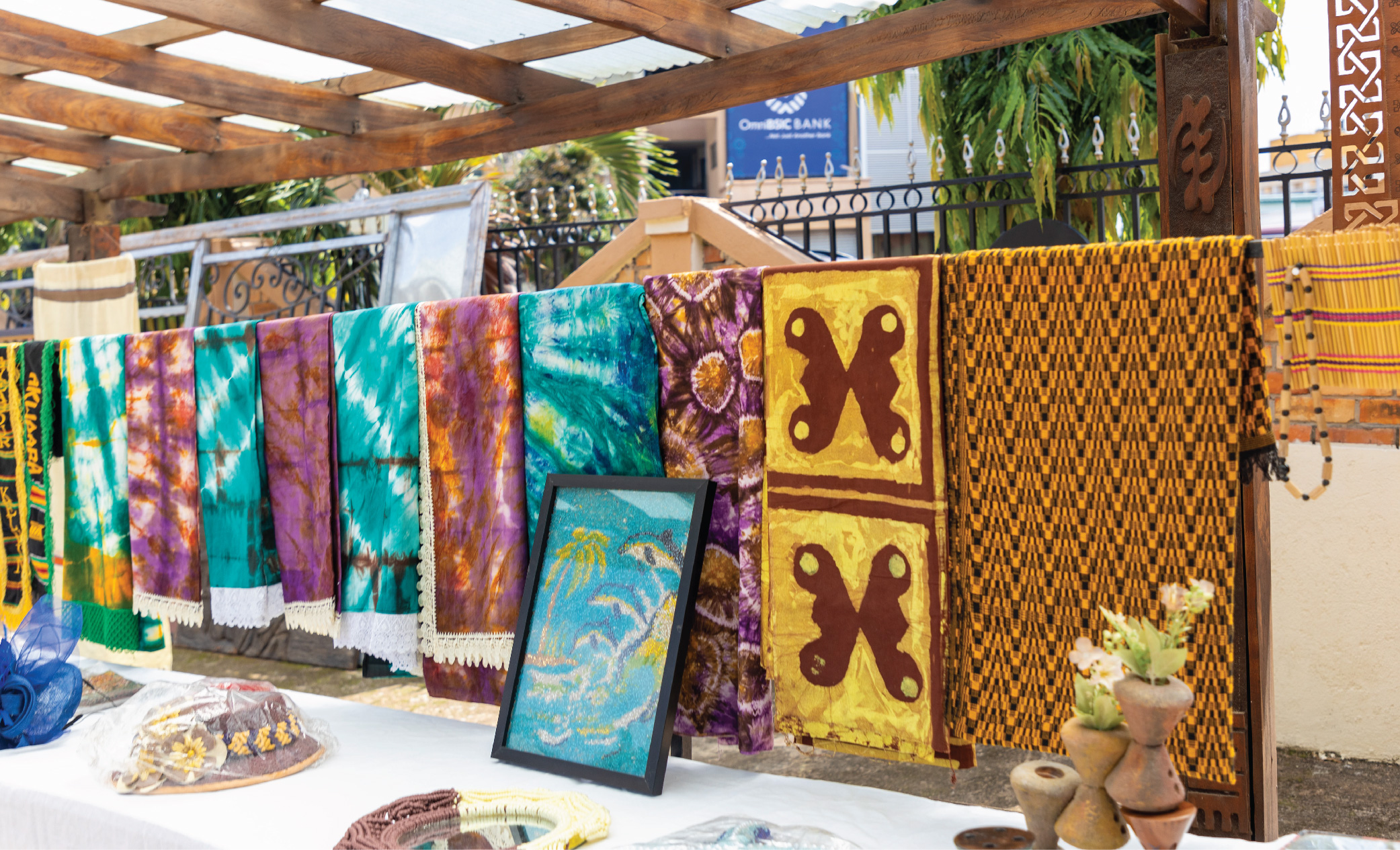
Dr Kwabena Asubonteng of the Department of Integrated Rural Art and Development appealed for government support for a proposed Bachelor of Arts programme in Tourism Art Development and Technology. He explained that the programme would equip students with skills to interpret Ghanaian cultural concepts and convert them into marketable products such as souvenirs and miniatures.
“Our goal is to ensure that when anyone visits a tourist site in Ghana they take a piece of the culture with them” he said. “This department holds the entire craft heritage of the nation from clay and leatherwork to basketry and folklore and we want to make it economically relevant.”
The visit forms part of ongoing efforts by the Ministry to strengthen cultural sustainability and support Ghana’s creative economy through education and public sector collaboration.








